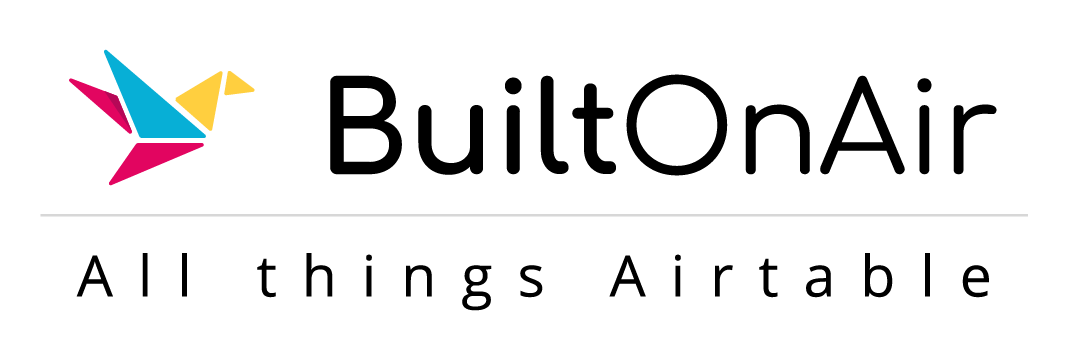How Airtable Can Be Used to Keep Track of Meaningful Progress
Next in line on the 2019 Summer Series is a review of an episode of the BuiltOnAir Podcast we did with Alex Hillman. Alex’ story with Airtable springs from his years of experience as an entrepreneur, where he uses research and systematic approach to be successful. Recently he’s been using his expertise to build a company called Stacking the Bricks, which specifically focuses on helping other entrepreneurs to build their own success, one “brick” at a time.
Alex’ work in Stacking the Bricks involves a lot of content to educate his audience on the ins and outs of a business system. The approach goes deep into the “nitty gritty” of taking a pragmatic approach to starting a company and acquiring business. Many of the content pieces they publish talk through the tools used to make a business run.
The tech stack used in his work includes Airtable (of course!). He emphasises the philosophy that serving your audience in the way they need to be helped is most important, and the tools you use should all support that model. Some tools are better than others, and some waste more time and effort than they benefit the audience or business.
Alex found Airtable while trying to design a better system for reading responses to surveys. The ability to view an entire record at once in an expanded view -rather than on a long spreadsheet line like his previous system- is what hooked him to using it. This and a host of other useful options led him to use it during a large initial customer survey phase in the development of the business.
Now Alex uses Airtable primarily as a CRM (Contact/Customer Relationship Management tool). Where every other CRM he had tried was geared towards sales, deals or closing in a “pipeline” format, with Airtable he could focus on developing real relationships with people. It allowed him to switch away from a system where the goal was leading from A to Z, to a platform that allowed him to keep track of people in a non-linear way.
Keeping track of relationships isn’t the only thing that was improved with Airtable; Alex is able to track things like client successes and testimonials, email stories and more. With systems in place to know what is happening with their audience, they can easily find out things like how many of their students wrote ebooks, or their total revenue generated over time.
Alex shares a CRM database he built to keep all the important data about his students success. A few of the notable features of the base:
- Linked fields to associate a student both with their own products in development, and with the course/product created by Stacking the Bricks that the student is enrolled in
- Multi-select fields for each level of product each student had created, including launching an ebook or physical book, creating a physical product, or starting a publishing platform
- Multi-select fields for the student’s audience niche
- Number/sum fields to track the student’s revenue, including a checkbox to tick if the student is okay with sharing the number with others
- System for linking a student’s updates with case study development
- Ways to keep track of who they’ve heard from when, and how the interaction went
It’s clear that Alex is motivated by helping people succeed (he describes it as “seeing graphs that go up and to the right”) and all his efforts at Stacking the Bricks along with partner Amy Hoy are geared toward giving real help for real situations. It’s always fun to see how Airtable became the right tool in a person’s arsenal of success, and with Alex’ work we’ve definitely seen that happen.
Here’s the video of the original podcast, including more of Alex’ story, and the live walkthrough of the base described above.
Episode Video:
Here’s an audio version of the above, with links to download or share if desired:
Episode Audio
Do you know someone who should be featured? Let us know here.
Like this? Consider subscribing on your favorite podcasting app or on Youtube to stay up to date on all things Airtable! Thanks for the love!

